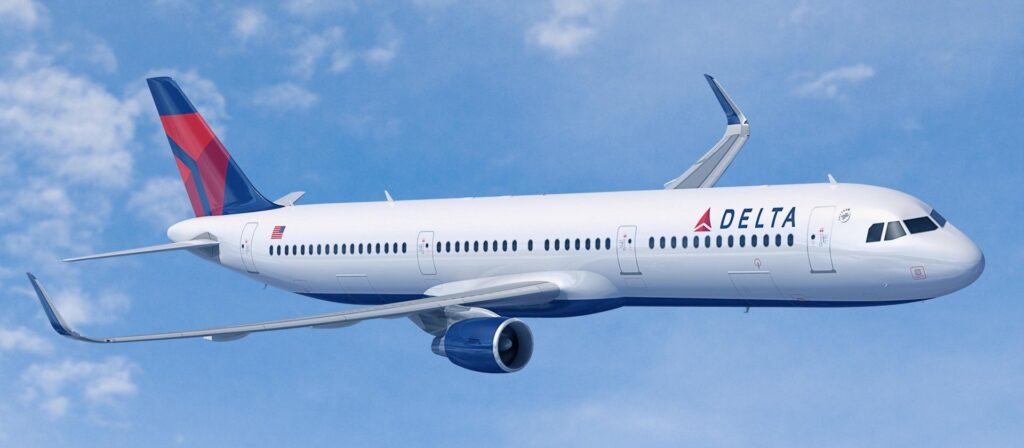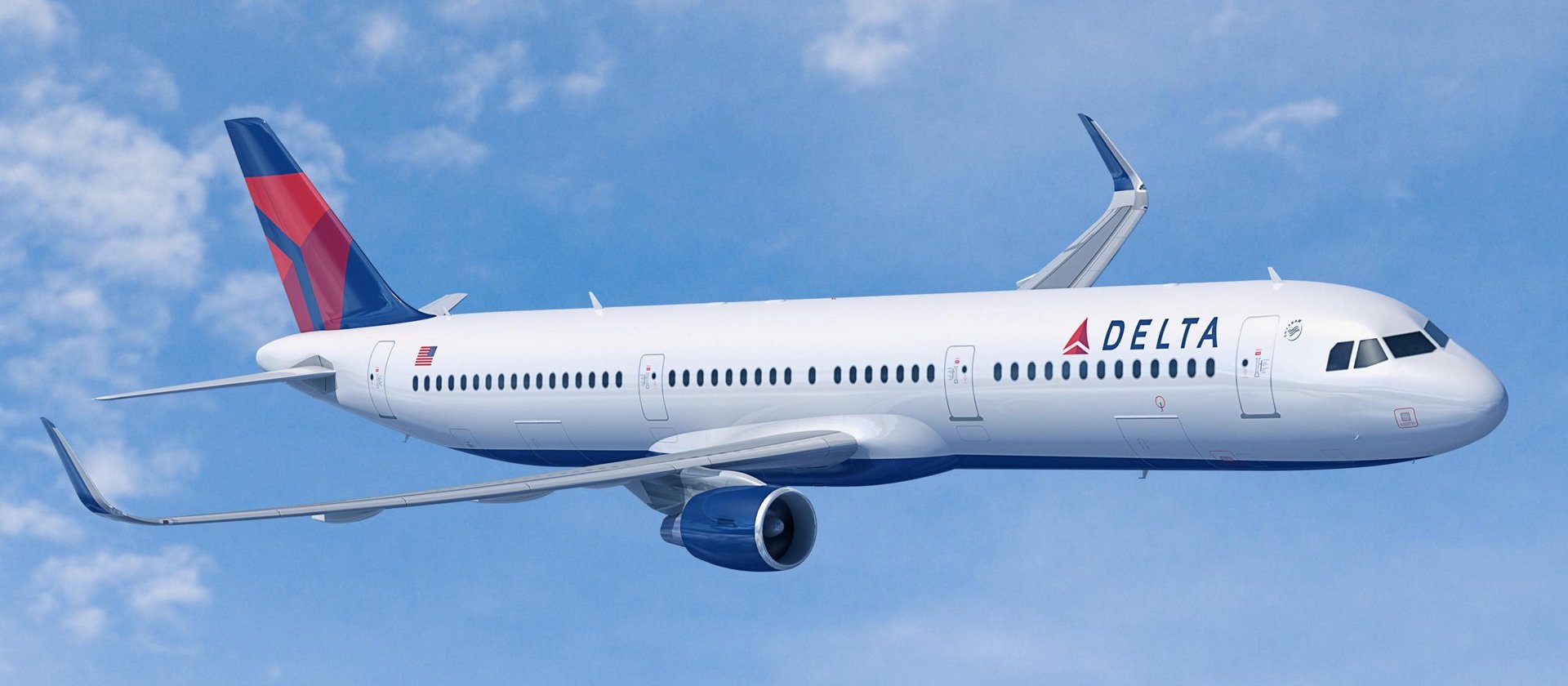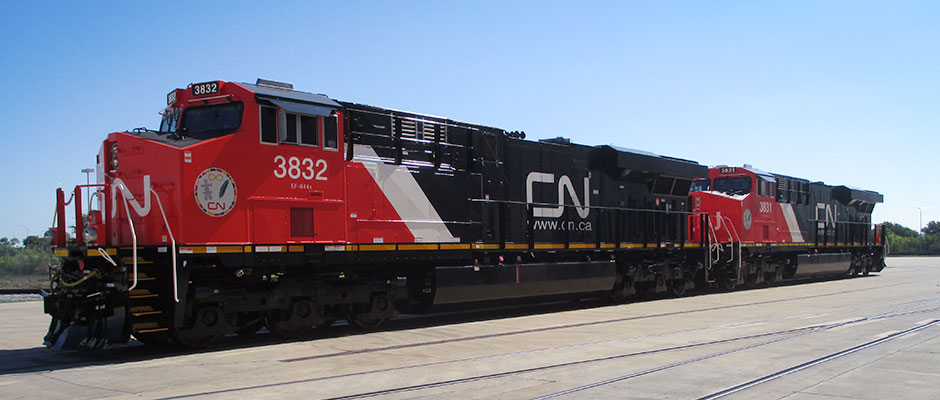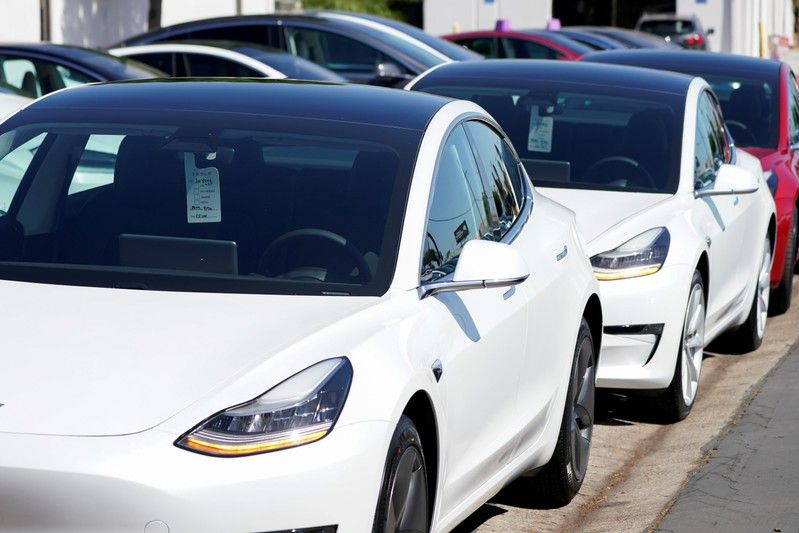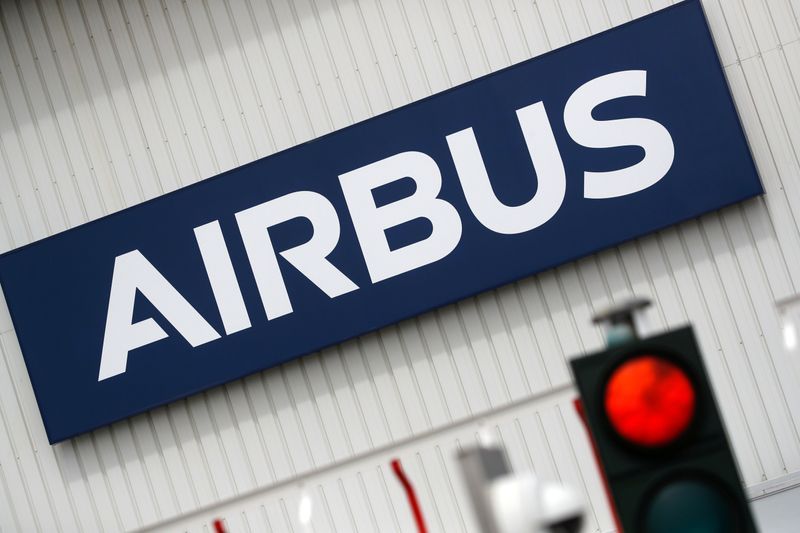
WASHINGTON (Reuters) – The U.S. government on Wednesday said it would maintain 15% tariffs on Airbus <AIR.PA> aircraft and 25% tariffs on other European goods, despite moves by the European Union to resolve a 16-year-old dispute over aircraft subsidies.
U.S. Trade Representative Robert Lighthizer (USTR) said the EU had not taken actions necessary to come into compliance with World Trade Organization decisions, and Washington would initiate a new process to try to reach a long-term solution.
USTR said it would modify its list of $7.5 billion of affected European products to remove certain goods from Greece and Britain and add an equivalent amount from Germany and France.
It ignored calls from EU officials and U.S. lawmakers to drop tariffs on EU food, wine and spirits, but did not add tariffs to vodka, gin and beer as it had threatened.
Airbus said it “profoundly regrets” the U.S. decision to keep tariffs in place on its aircraft.
Washington’s decision to refrain from increasing the tariff rates would help prevent a further escalation, an EU official said, calling for intensified efforts to resolve trade conflicts between the powerful economic blocs.
EU trade commissioner Phil Hogan would continue his active engagement with Lighthizer to reach a negotiated settlement, the official said, noting that the current economic slowdown underscored the urgency of ending the conflict.
Last month, Airbus said it would increase loan repayments to France and Spain in a “final” bid to reverse U.S. tariffs and jog the United States into settling the long-running fight over billions of dollars of aircraft subsidies.
The United States declared itself in full compliance with WTO findings in May after Washington state abolished aerospace industry tax breaks that largely benefited Boeing.
Trade groups are bracing for an escalation of the row in the autumn when the EU is expected to win WTO approval to hit back with its own tariffs over subsidies for Boeing <BA>.
Airbus said in a statement it “trusts that Europe will respond appropriately to defend its interests and the interests of all the European companies and sectors, including Airbus, targeted by these tariffs.”
Boeing urged the EU and Airbus to launch prompt and “meaningful negotiations with the U.S. to address the full scope of their noncompliance and finally bring this case to an end.”
USTR in October 2019 imposed 25% tariffs on an array of EU food, wine and spirits, including Italian cheese and single-malt Scotch whisky in retaliation for EU subsidies on large aircraft.
It initially imposed 10% tariffs on Airbus aircraft but hiked that to 15% in March.
(Reporting by Andrea Shalal, David Lawder, David Shepardson and Eric M. Johnson; Editing by Chris Reese, Richard Pullin and Tom Brown)
